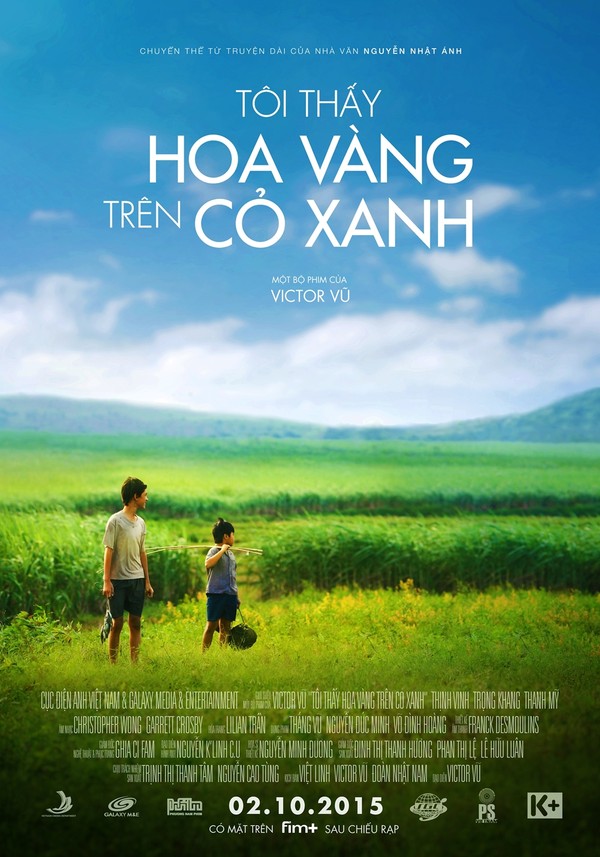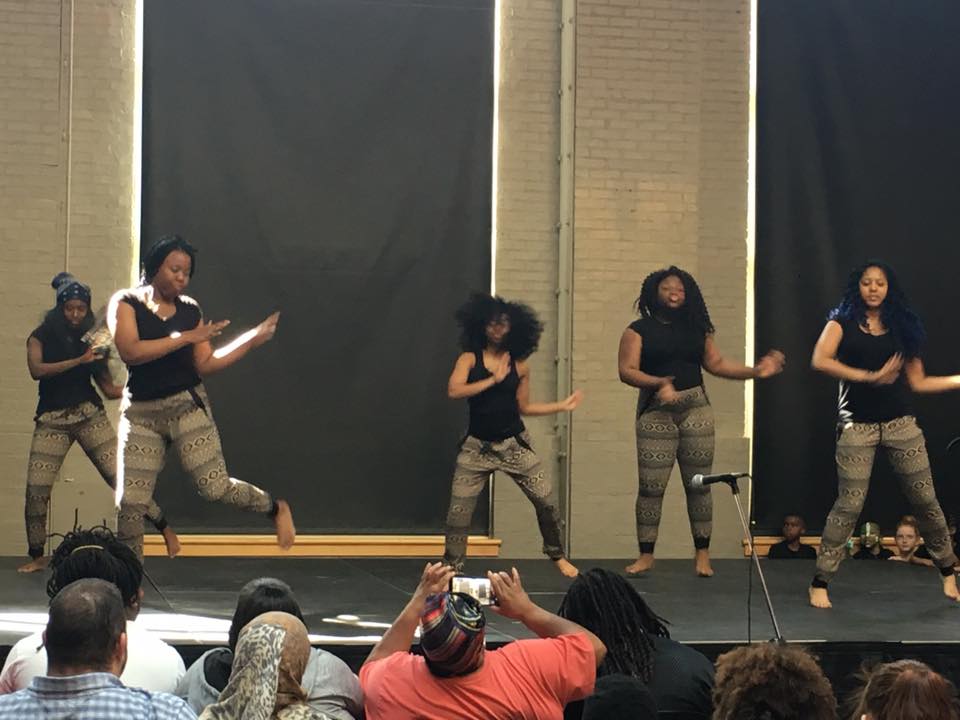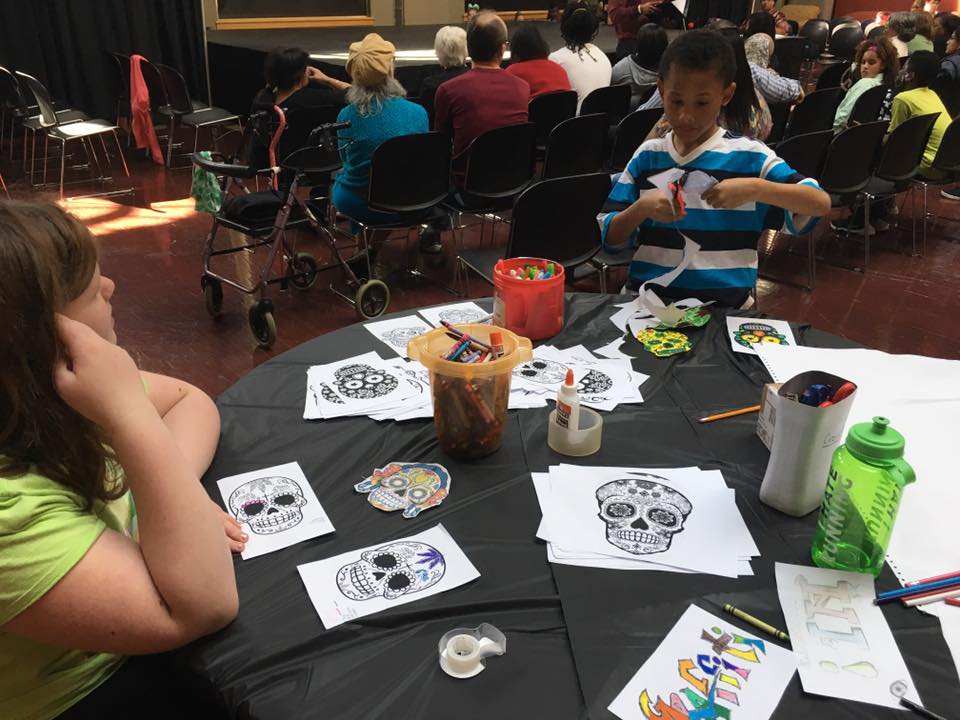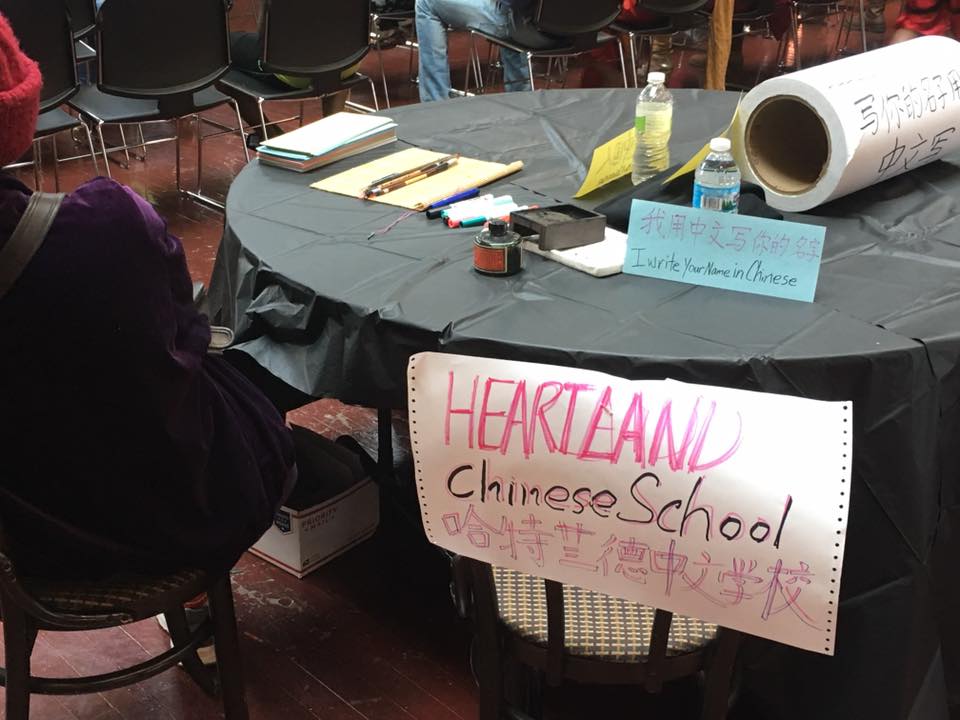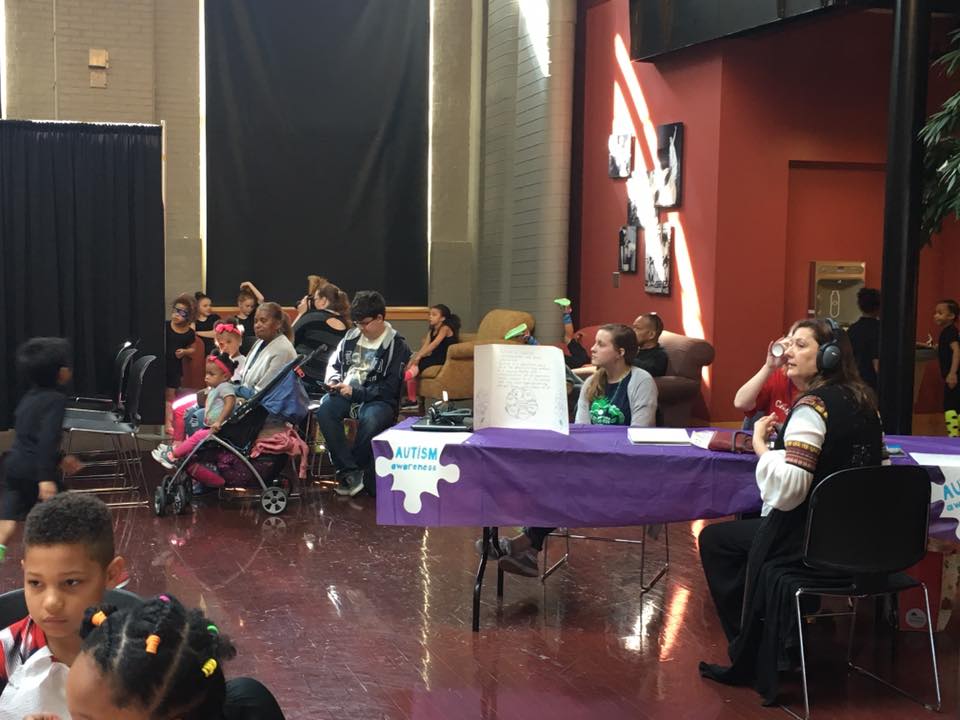Dan Craft
The Pantagraph
Quite a lot has changed for Bloomington's Cultural Festival over 38 summers.
But quite a lot has stayed reassuringly steadfast, too.
Just ask two of the folks who were there at the beginning and who are still on board for Saturday's 2017 edition in ISU's Bone Student Brown Ballroom (10 a.m. to 8:30 p.m.).
Gary Muhammad, who co-founded the festival in the summer of 1979 with Lee Otis Brewer, is no longer involved with the festival's administration.
But he does lead local smooth jazz group Soft Spoken, a presence on the Twin Cities music scene for many years, scheduled to head up the entertainment stage at 6 p.m.
Elaine Hill, who was one of those volunteering to lend Brewer and Muhammad a helping hand for that premiere event, has been the person coordinating the vendor end of things in the years since, a role she'll be continuing Saturday, and, she adds, "hopefully many more" festivals to come.
"It was a vision that Lee Brewer and I shared," recalls Muhammad of that first festival, which, with the help of city fathers, secured Bloomington's downtown square as its location.
That vision: a celebration of cultural diversity and heritage in a positive, family friendly, life-affirming context.
"It was pretty nice ... we didn't know what our expectations were because there were no festivals being done on the square," recalls Muhammad.
Compared to what would come, the first Cultural Festival was a modest, small-scale affair, lasting around three hours on a Saturday and attracting around 200 people.
There was a steel drum band from Northern Illinois University for an added tropical flair. Some of the merchants held sidewalk sales.
"For me," recalls Elaine Hill, "it was more like 'wow, people are embracing this,' even though it was a small, intentional group of people, and it was the diversity of it that was important to me."
That small, but heartfelt, debut led to a new location for the sophomore edition in 1980.
"The biggest thing that came out of that first year is that we found out that some of the merchants were uncomfortable with the crowds of young blacks coming downtown," says Muhammad.
Some of them, he adds, lobbied to have the festival moved elsewhere, which resulted in the move to Miller Park, which would become the festival's home for the next three decades.
"I was resistant at first," confesses Muhammad. "I didn't like it. It felt like it was a snub, in a sense, for a festival that was mean to celebrate and highlight our culture. It kind of felt like we weren't welcome."
In the end, though, the park, with its spacious room and easy access, proved itself the perfect setting for the event.
"It was more room, more of a festive atmosphere and more people could bring baskets and food and come out with the whole family and make a day of it," he says.
"It also attracted more vendors and provided the room for much more growth. It took a year or so to get the bad taste out of my mouth, but the move to Miller Park really helped it grow," says Muhammad.
Indeed, by the time of the event's 15th anniversary in 1994, attendance had ballooned from 200 in 1979 to around 4,000; and the fest's duration had expanded from three hours to three days (Friday evening through Sunday).
Rising costs, loss of sponsorship and other facts led to the festival leaving Miller Park for more economical environs, with one year spent inside at the U.S. Cellular Coliseum followed by three in ISU's Brown Ballroom.
With that space scheduled to be under renovation next summer, the festival is currently looking for an alternate home for 2018, either inside or outside, says current festival organizer Tony Jones.
Though locations and duration have changed over the decades, other aspects of the Cultural Festival have remained constant.
"I'm very, very excited about the festival has grown over the years," says Hill.
"What I love about it is that every aspect of our community, as diversified as it is, has its own thing going on ... and what's wonderful is that we are able to bring them all together, which speaks volumes for our community."
















